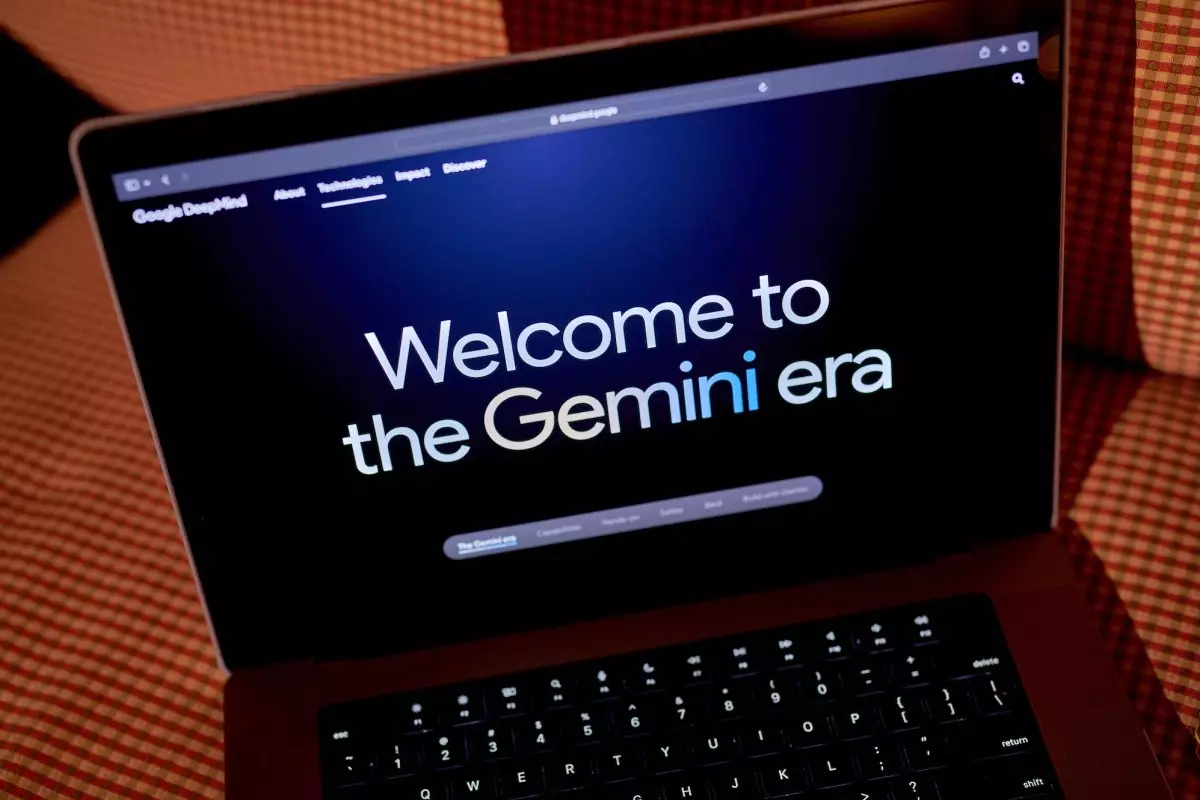The race towards building more advanced artificial intelligence (AI) models continues to intensify, with Google’s Gemini AI and Anthropic’s Claude emerging as prominent competitors. As companies strive to outdo each other in the AI domain, the underlying methodologies and ethical considerations surrounding model evaluation are becoming increasingly complex and scrutinized. Recently revealed internal communications have shed light on Google’s approach to testing Gemini’s responses against those produced by Claude, raising questions about the ethical implications and industry practices involved in such assessments.
In a bid to enhance the efficacy of its Gemini AI, Google contractors have resorted to comparing its outputs with those from Claude. These contractors are tasked with an intricate evaluation system, where responses are graded on multiple criteria, including truthfulness and verbosity. This evaluation process, while comprehensive, brings to the forefront several critical concerns. First, the reliance on human evaluators to discern the “better” output introduces a level of subjectivity that can skew results. The notion of performance evaluation within AI development is often seen as a rigorous scientific endeavor, yet the human element can compromise objectivity.
Furthermore, contractors are allotted a generous time frame of up to 30 minutes per prompt to make determinations. While this could enable thorough analysis, it could also foster fatigue or introduce bias over extended periods of assessment. The inherent complexity of AI-generated content necessitates a careful, nuanced approach, yet time constraints and human factors could affect outcome reliability. A more standardized benchmarking approach, possibly detached from human variability, may yield more consistent results.
The act of comparing Gemini against Claude raises significant ethical questions, particularly regarding the permissions involved in utilizing a competitor’s outputs for internal evaluation. Google has not confirmed whether it secured permission from Anthropic to utilize Claude in these direct comparisons—a potentially serious oversight given Anthropic’s strict terms of service that prohibit using Claude to inform or train competing AI products without explicit approval. Such practices might not only breach ethical guidelines but could also breed distrust in the larger AI community.
The juxtaposition between Google’s evaluation method and Anthropic’s safety rigor brings to light another dimension of AI development: the adherence to safety standards. Internal communications suggest that Claude consistently adheres to stricter safety protocols than Gemini, which could indicate a significant divergence in the two models’ foundational principles. For instance, instances of Gemini generating outputs flagged as safety violations underline the risks of deploying AI models without adequate safety measures. This inconsistency highlights the need for refined governance in AI model development—something that could serve as both a differentiator and a potential benchmark for future models in the industry.
The current competitive climate in AI isn’t merely about developing intelligent systems; it also revolves around mitigating risks associated with AI-generated content. With allegations that Gemini could produce potentially harmful information on sensitive topics, such as healthcare, stakeholders must prioritize mechanisms that ensure safety and accuracy. Consequently, AI developers must embrace an ethical framework that not only emphasizes advanced response accuracy but also prioritizes public safety and trust.
As these AI models evolve, so too should the relationships between competing companies in the sector. Collaborations focused on establishing best practices for safety, transparency, and ethical benchmarks can pave the way for more responsible AI development. The conversation surrounding the competitive spirit in AI should shift towards fostering an environment where companies can learn from each other while protecting their ethical integrity and proprietary information.
The examination of Google’s Gemini and Anthropic’s Claude showcases a pivotal moment in AI development. As competitive pressures mount, the industry must navigate the delicate balance between assessment methodologies, ethical considerations, and safety standards to build a future where AI benefits all sectors of society.

